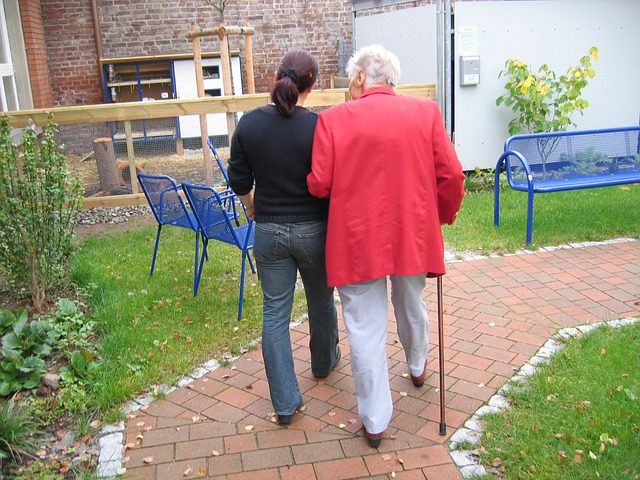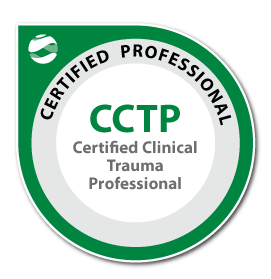Adult Children of Elderly Parents: Parenting Your Own Parents

Taking care of your elderly parents can be one of the strangest phenomena for many adults. Your parents are the ones who raised you and did so much for you over the years.
Watching them decline can be one of the toughest things you ever face. It brings up questions of etiquette and communication that many of us have not faced until the time arrives.
To help you with this experience, we want to offer you a few recommendations to help navigate this uncharted territory.
Recommendations for Adult Children of Elderly Parents
Do not use the phrase ‘Parenting Your Parents’– Yes, we used it in the title of this article. However, using the phrase when communicating with your parents directly does not work as well.
The reason is that when you think in terms of parenting your parents, ‘you quickly lose perspective on what the appropriate roles really are.’
Instead, consider this a partnership with your aging parents.
Be patient with your parents– Your parents make mistakes just like you. You need to be patient with your parents and allow them to make their own mistakes.
Take this saying. “When I was 22, I did some things my parents thought were remarkably stupid. But I was an adult and they were my choices. Now, my parents may be doing some things that I think are remarkably stupid. But they have the same right to make mistakes as I did.”
Healthy Communication- Now that you are in the right mindset to work with and help your parents, you are ready to have a healthy conversation with them about how you can be of help. Useful conversations are based on honesty and respect.
During this conversation, set up your priorities as well as ways that both your parents and you can receive help from one another during this period.
Acknowledge the Situation- One last issue! In some cases, parents could be suffering from some type of dementia or significant memory loss. While it could be frustrating for you, it cannot be ignored.
In such a case, you may need to develop guidelines to prevent any potential problems that may arise. Also, using the healthy rules of communication can help to ensure you do not get annoyed with your parents.
Additionally, ensure you have a durable power of attorney, a trust, and a healthcare proxy.
Final Thoughts
Being a caregiver to your parents can be challenging for many adult children. Therefore, if you do need help with your parents and your emotions through this trying time, feel free to contact us at 847-824-8366.



